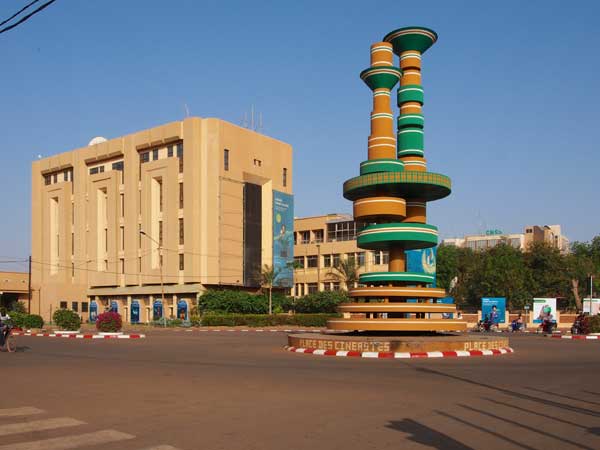Ghana and Burkina Faso Collaborate to Resolve Cross-Border Signal Interference

Ghana and Burkina Faso have initiated a significant collaboration aimed at addressing the pressing issue of cross-border signal interference between the two nations. This bilateral meeting, held virtually on August 19, brought together representatives from the National Communications Authority (NCA) of Ghana and Autorité de Régulation des Communications Électroniques et des Postes (ARCEP) of Burkina Faso, along with mobile network operators and other stakeholders. The purpose of this meeting is to develop and finalize a frequency coordination agreement, which is expected to reduce interference and enhance connectivity for consumers in border regions.
Addressing the Challenge of Signal Interference
Signal interference remains a significant challenge for communities along many African borders. In the case of Ghana and Burkina Faso, the issue has led to numerous complaints from users experiencing poor service quality. By examining and building upon the results of a joint spectrum monitoring exercise conducted between October and December 2024, both nations aim to create practical solutions that ensure clarity and stability in signal transmission. This includes setting minimum signal strength standards and ensuring that telecom operators comply with these new thresholds.
A Regional and Cooperative Approach
The Acting Director General of the NCA, Rev. Ing. Edmund Fianko, emphasized the importance of such collaborations, citing Ghana’s successful frequency agreement with Togo as a positive precedent. This partnership with Burkina Faso is the latest in an ongoing effort to foster cooperation within the region to manage spectrum effectively and reduce disruptions caused by overlapping signals. The process underscores the value of bilateral and regional agreements in tackling a problem that affects millions across Africa.
Lessons from Cross-Border Interference in Africa
Ghana and Burkina Faso are not alone in facing cross-border signal challenges. Earlier this month, a similar bilateral agreement was forged between the regulators of Congo-Brazzaville and Angola to address interference issues along their 231-kilometer border. Such examples highlight the growing recognition of the need for coordinated spectrum management across the continent. With more countries prioritizing effective spectrum sharing and interference mitigation, the potential for improved network reliability and enhanced consumer experiences is immense.
Moving forward, successful agreements like this could serve as blueprints for other nations grappling with similar challenges. They demonstrate how addressing technical issues through partnerships can pave the way for stronger, more reliable telecommunications infrastructure in Africa.




